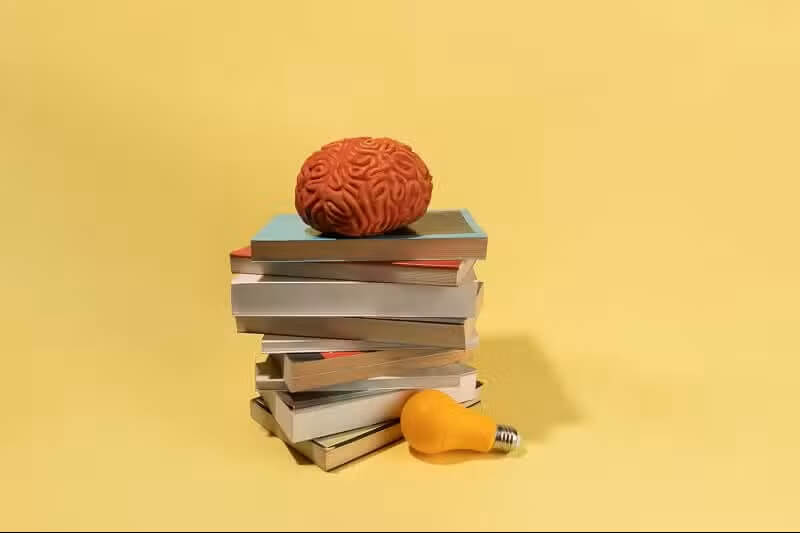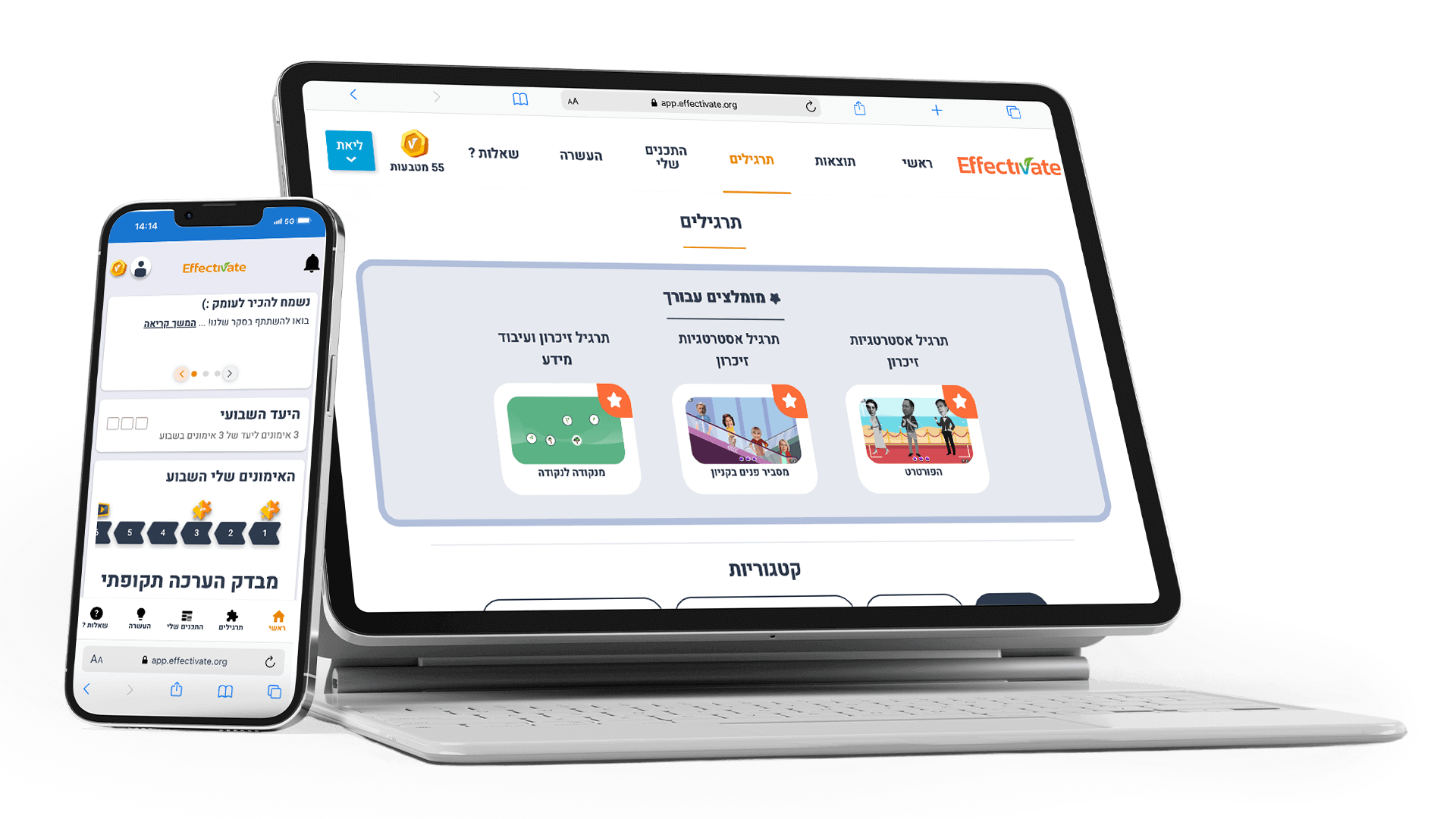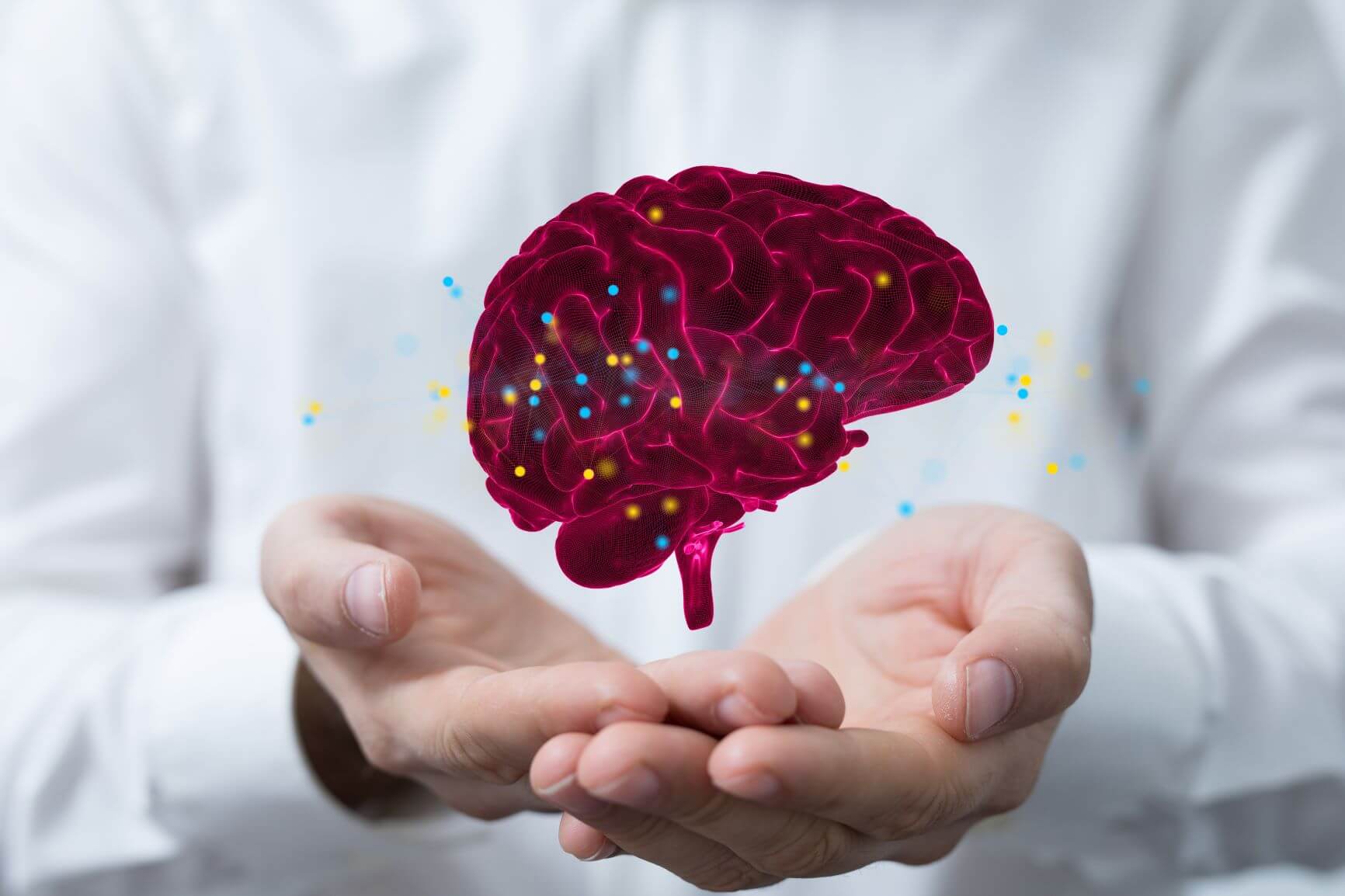Cognitive Training Platform
Our cognitive skills and abilities, including memory, attention, processing speed, and flexibility, shape nearly every part of daily life: decision-making, learning, communication, problem-solving, planning, and retrieving information quickly.
Over time, these abilities may weaken due to age, stress, or the constant distractions around us. To address this, Effectivate has developed a science-based cognitive training platform designed to strengthen the brain through personalized exercises.
The training directly targets the core abilities responsible for sharp, accurate, and efficient everyday functioning.
Start your free trial to strengthen cognitive skills today >>
To appreciate why training matters, we first need to understand what we’re training. What are the abilities that make up our “mental fitness,” and how do they work?
Becoming familiar with these cognitive foundations allows us to train more effectively and stay focused on the real goal, improving quality of life through a stronger, more efficient brain.
Here are the key abilities trained in the process:
Working Memory
Working memory is the system that temporarily holds and processes information so we can complete mental tasks. It allows us to draw on information from both the senses and long-term memory to solve problems, understand new material, and make decisions.
Semantic Memory
Semantic memory is a part of long-term memory that stores general knowledge about the world: facts, concepts, meanings, and logical connections, independent of time or place.
Information Processing
Information processing is the way the nervous system identifies, decodes, and interprets sensory input to create meaning.
It includes encoding, integrating, and comparing information to what we already know.
Processing speed refers to how quickly the brain can take in information, process it, and produce a response. It reflects the efficiency of communication between brain cells.
Attention
Attention enables us to focus on what matters and filter out distractions. It is not a single mechanism but a system with several components working together:
- Spatial attention: directing focus to a specific area, often in the visual field, for detailed analysis.
- Focused attention: maintaining concentration on one stimulus over time, such as while reading or listening closely.
- Selective attention: choosing relevant information while ignoring competing input, preventing overload in busy environments.
- Executive attention: the high-level system that prioritizes, detects errors, regulates responses, and adapts to changing goals.
- Response inhibition: stopping automatic or impulsive actions to allow for more thoughtful responses.
Together, these components help us concentrate, make accurate decisions, and stay in control even in challenging or changing situations.
Memory Storage
Our brain uses several mechanisms to organize and store information efficiently:
- Binding: combining features like color, shape, and movement into a single mental picture.
- Chunking: grouping information into meaningful clusters, easing the load on working memory.
- Associative links: creating mental connections based on experience, similarity, or timing to improve recall.
- Categorization: organizing information into groups with shared features, enabling quicker retrieval.
- Chains of association: linking items in sequence so each one triggers the next, strengthening memory flow.
Cognitive Flexibility
Cognitive flexibility is the ability to shift focus, switch between tasks, or adjust to new perspectives. It is essential for adapting to change, solving problems, and creative thinking.
Summary
Understanding what we train makes the process clearer, more motivating, and more rewarding.
With consistent practice, the brain becomes sharper, more focused, flexible, and efficient, supporting us in every aspect of life.
Explore 20 years of scientific cognitive training research >>










